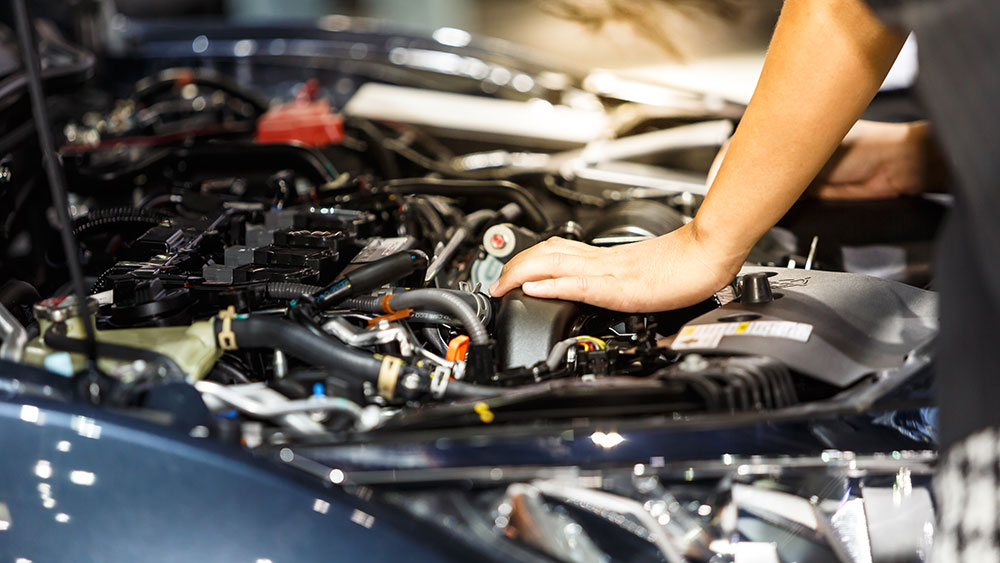
Types Of Regular Car Maintenance Services To Focus On
Your car is one of the most significant investments you’ll make, and like any complex machine, it requires regular care to run safely and efficiently. Proactive maintenance is the difference between a reliable vehicle that lasts for years and one that leaves you stranded with unexpected, costly repairs.
But what does “regular maintenance” actually mean? It can feel overwhelming with all the different components. This guide cuts through the noise to highlight the most critical types of regular maintenance services you should focus on to keep your car in peak condition.
1. The Lifeblood: Oil and Fluid Services
Fluids are to your car what blood is to your body. Keeping them clean and at the correct levels is the single most important thing you can do for your vehicle’s longevity.
- Engine Oil and Filter Change: This is the non-negotiable cornerstone of car care. Engine oil lubricates moving parts, reduces friction, cleans away contaminants, and helps regulate engine temperature. Over time, it breaks down and gets dirty.
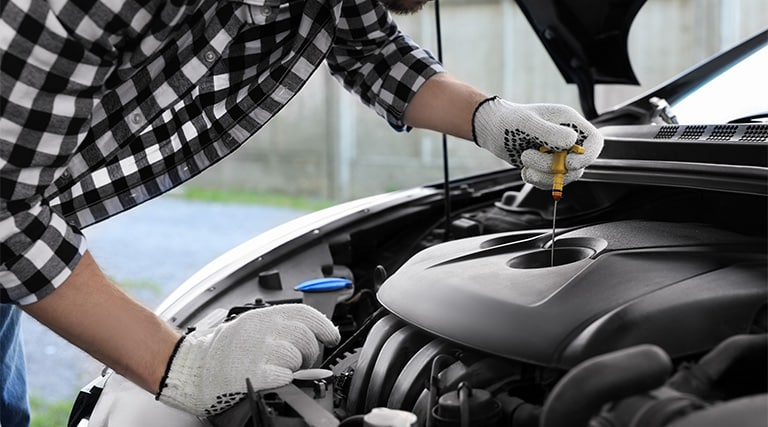
- Why it’s crucial: Neglecting oil changes leads to sludge buildup, engine overheating, and catastrophic internal damage.
- Frequency: Check your owner’s manual. Most modern cars recommend an oil change every 5,000 to 7,500 miles (8,000 to 12,000 km) or every six months, whichever comes first.
- Other Essential Fluids:
- Transmission Fluid: Ensures your gears shift smoothly. It prevents grinding and premature wear on one of your car’s most expensive components.
- Coolant (Antifreeze): Circulates through the engine and radiator to prevent overheating in the summer and freezing in the winter.
- Brake Fluid: A hydraulic fluid that transfers the pressure from your foot on the pedal to the brakes themselves. Old, contaminated fluid can lead to a spongy pedal and reduced stopping power.
- Power Steering Fluid: If your car has a hydraulic power steering system, this fluid makes turning the wheel easy. Low levels can make steering difficult and damage the system.
2. The Foundation: Tire Care
Your tires are the only part of your car that touches the road. Their condition is directly tied to your safety, fuel economy, and comfort.
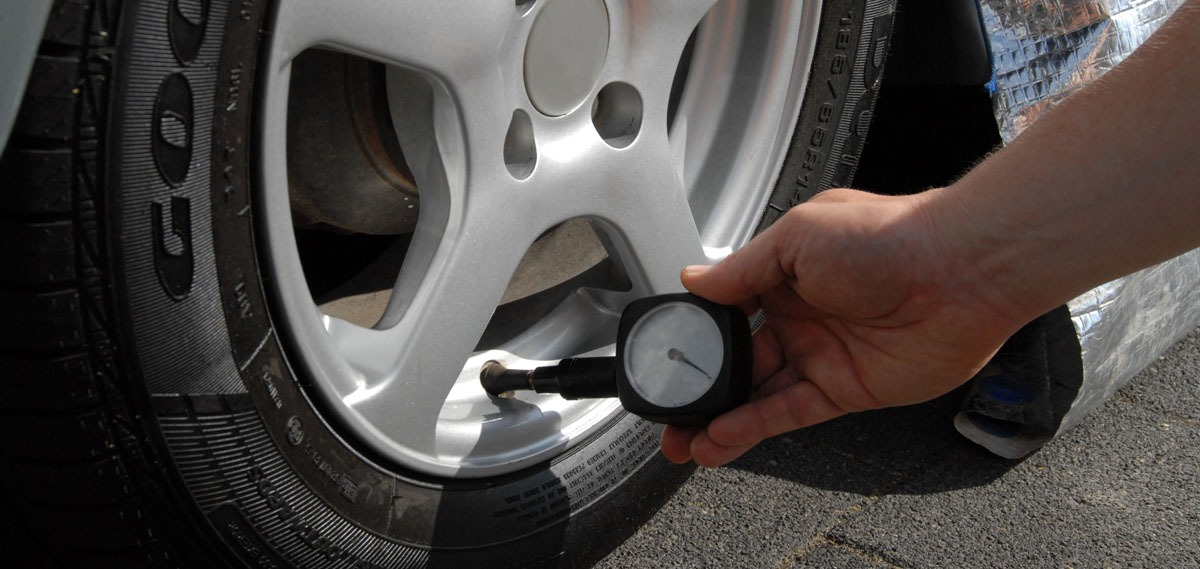
- Tire Pressure Check: Driving on improperly inflated tires is dangerous. Under-inflation causes excessive wear, poor handling, and can lead to a blowout.
- Why it’s crucial: Correct tire pressure ensures optimal braking, stability, and fuel efficiency.
- Frequency: Check the pressure at least once a month and before any long road trips. The recommended pressure (PSI) is listed on a sticker inside the driver’s door jamb, not on the tire itself.
- Tire Rotation: This involves moving each tire to a different position on the car. Since front and rear tires wear at different rates, rotation helps them wear down evenly.
- Why it’s crucial: It dramatically extends the life of your tires, saving you hundreds of dollars.
- Frequency: Every 5,000 to 7,500 miles—it’s often convenient to do this with every oil change.
- Wheel Alignment: This service adjusts the angles of your wheels to the manufacturer’s specifications. If you hit a major pothole or notice your car pulling to one side, you may need an alignment.
- Why it’s crucial: Proper alignment prevents uneven tire wear and ensures your vehicle drives straight.
3. The Safeguard: Brake System Inspection
Your car’s ability to stop is its most important safety feature. Don’t wait for a problem to arise.
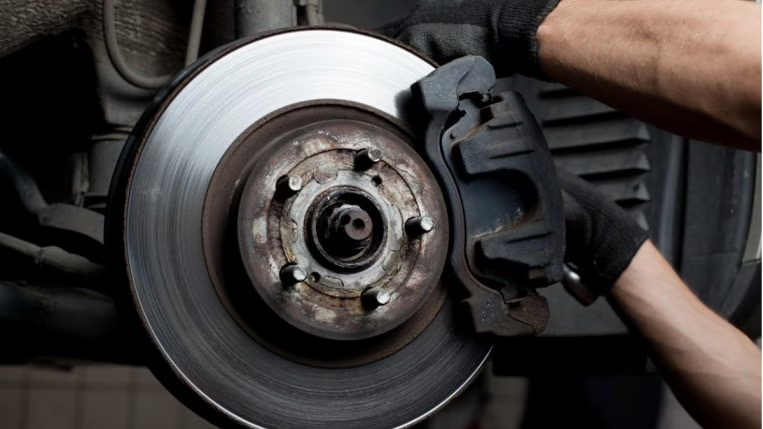
- Brake Pad and Rotor Check: Brake pads press against metal discs (rotors) to stop the car. They are designed to wear down over time.
- Why it’s crucial: Worn-out pads can fail to stop the car effectively and can damage the more expensive rotors, leading to a much costlier repair.
- Listen for: A high-pitched squealing sound when you brake (the built-in wear indicator) or a grinding noise (a sign of severe wear).
4. The Lungs: Filter Replacements
Your car needs to breathe clean air just like you do, and so does its engine.
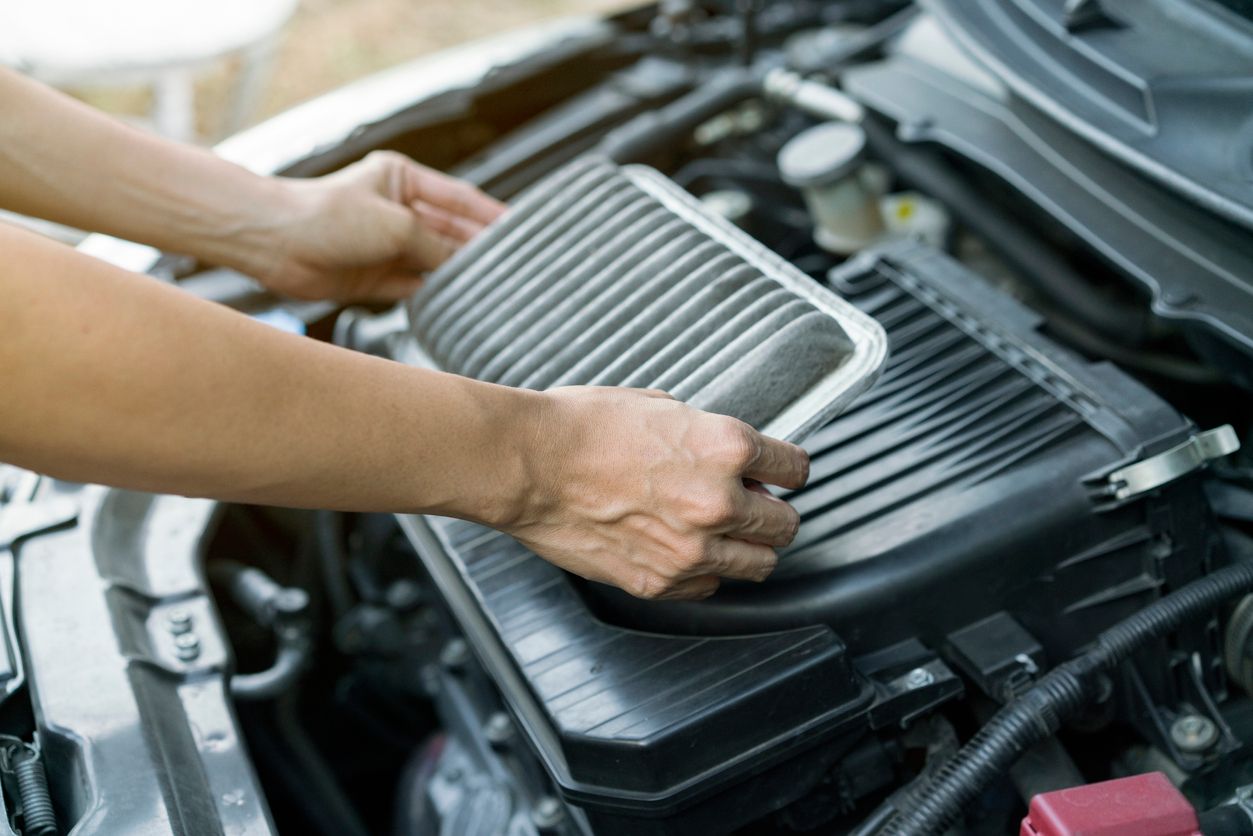
- Engine Air Filter: This filter prevents dust, dirt, and debris from being sucked into your engine.
- Why it’s crucial: A clogged filter can reduce engine performance, decrease horsepower, and worsen fuel economy.
- Frequency: Inspect annually and replace as needed, typically every 15,000 to 30,000 miles, depending on driving conditions.
- Cabin Air Filter: This purifies the air that flows into the passenger compartment through the heating and A/C vents.
- Why it’s crucial: It traps pollen, dust, and other pollutants, improving the air quality inside your car. A clogged one can also strain your A/C system.
- Frequency: Replace every 12 to 15 months or as recommended by your manual.
5. The Spark: Battery and Belt Maintenance
These components are essential for starting your car and keeping its electrical systems running.
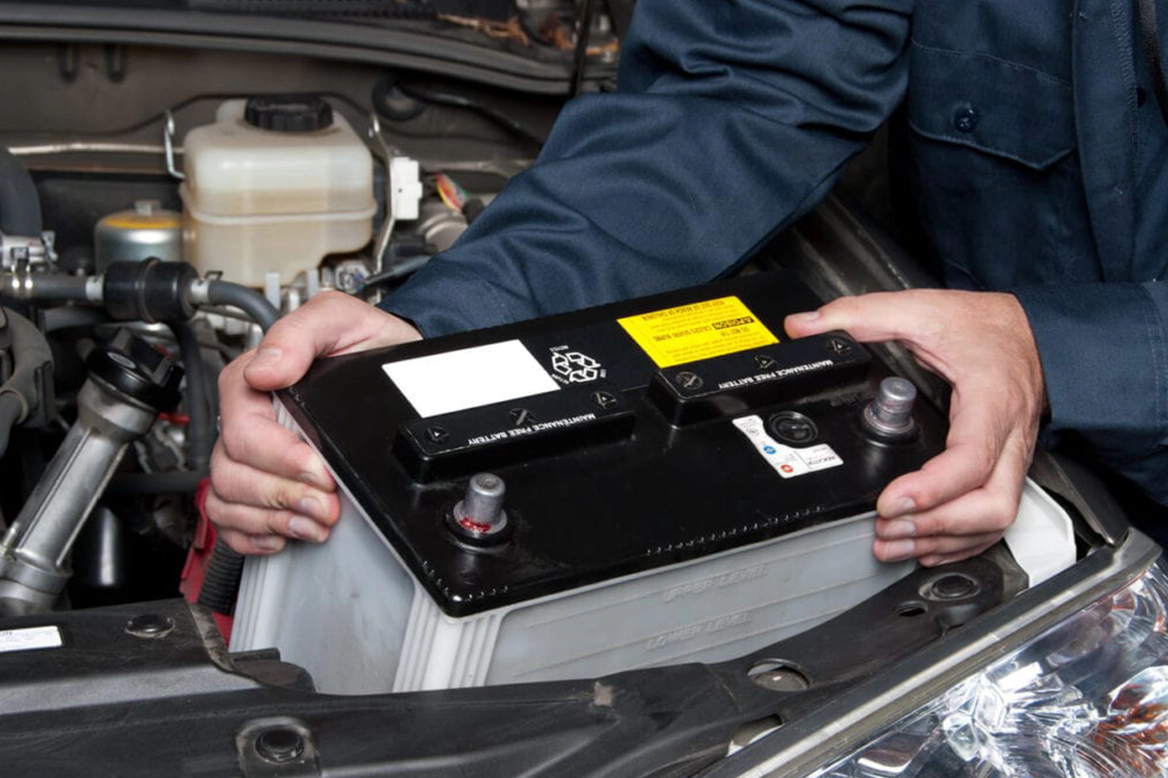
- Battery Check: Your car battery provides the electrical charge needed to start the engine and power electronics.
- Why it’s crucial: A failing battery is one of the most common reasons for a car not starting. Look for corrosion on the terminals and have its charge tested, especially before winter.
- Lifespan: Most car batteries last 3-5 years.
- Serpentine Belt Inspection: This long, winding rubber belt powers crucial accessories like the alternator, power steering pump, and air conditioner compressor.
- Why it’s crucial: If this belt snaps, your car will lose power and overheat almost immediately, leaving you stranded.
- Check for: Cracks, frays, and signs of glazing or brittleness during routine service appointments.
The Bottom Line
Preventative maintenance is always smarter and cheaper than reactive repair. By staying on top of these core services, you are not just taking care of your car—you are investing in your own safety, reliability, and financial well-being. Always consult your vehicle’s owner’s manual for specific schedules, and build a relationship with a trusted mechanic to keep your car running smoothly for years to come.
For more information about car maintenance practices- dont hesitate to contact us now by sending an email to info@rentadriveruganda.com or calling us on +256-700135510 to speak with a professional.



